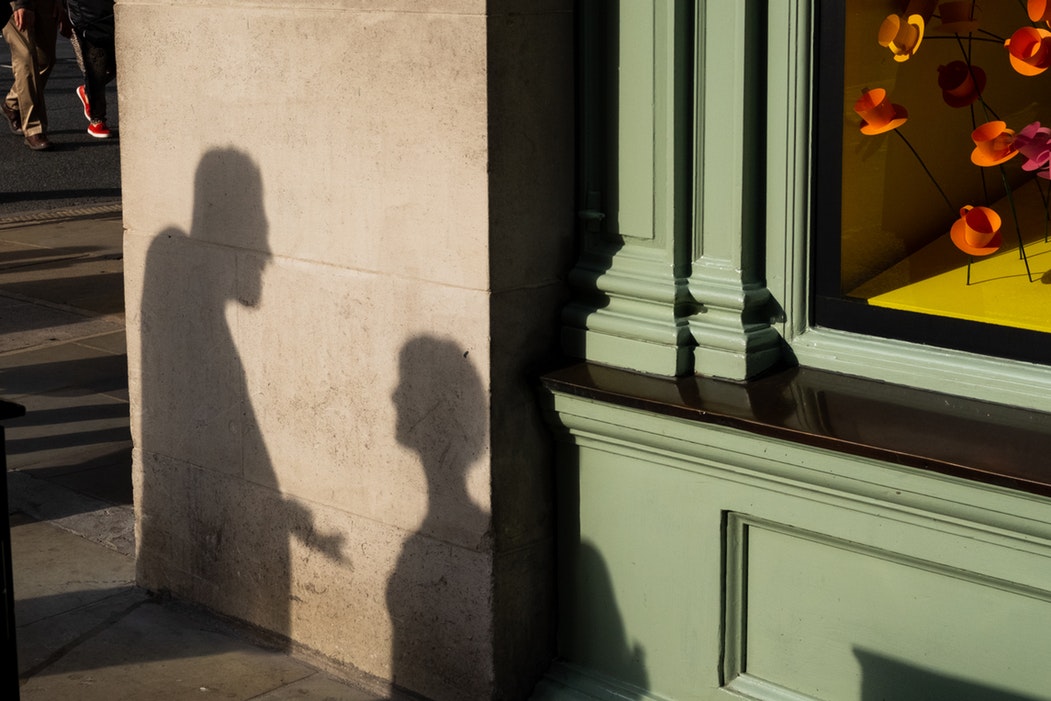There are different signs of unhealthy relationships. We sometimes find ourselves doing these things simply because we ‘love’ the other person. It can be subtle things like sneaking a peak at your partner’s texts. Some of us will be on the receiving end of unhealthy relationships and some others will do unhealthy things. It’s part of being human.
One in three women and one in four men in their lifetime will experience the worst form of unhealthy relationships – abuse. It is all around us, acting subtly or openly. We need to be able to spot these signs so we can prevent ourselves from being on the receiving end or the ones doing unhealthy things.
Signs of Unhealthy Relationships
There are unhealthy signs we frequently miss. Katie Hood in her talk titled The difference between healthy and unhealthy love, gave five markers of unhealthy love. Here are they.
Intensity
Abusive relationships don’t start out abusive. They start out exciting and exhilarating. There’s an intensity of affection and emotion, a rush. But in unhealthy love, these feelings shift over time from exciting to overwhelming and maybe a little bit suffocating. You feel it in your gut. Maybe it’s when your new boyfriend or girlfriend says “I love you” faster than you were ready for or starts showing up everywhere, texting and calling a lot. Maybe they’re impatient when you’re slow to respond, even though they know you had other things going on that day.
What can you do? It’s important to remember that it’s not how a relationship starts that matters, it’s how it evolves. It’s important in the early days of a new relationship to pay attention to how you’re feeling. Are you comfortable with the pace of intimacy? Do you feel like you have space and room to breathe? It’s also really important to start practicing using your voice to talk about your own needs. Are your requests respected?
Isolation
Isolation is one of the most frequently missed and misunderstood signs of unhealthy love. Why? Because every new relationship starts out with this intense desire to spend time together, it’s easy to miss when something shifts. Isolation creeps in when your new boyfriend or girlfriend starts pulling you away from your friends and family, your support system, and tethering you more tightly to them.
Healthy love includes independence, two people who love spending time together but who stay connected to the people and activities they cared about before. While at first, you might spend every waking minute together, over time maintaining independence is key. You do this by making plans with friends and sticking to them and encouraging your partner to do the same.
Extreme Jealousy
Your partner might become more demanding, needing to know where you are and who you’re with all the time, or they might start following you everywhere, online and off. Extreme jealousy also brings with it possessiveness and mistrust, frequent accusations of flirting with other people or cheating, and refusal to listen to you when you tell them they have nothing to worry about and that you only love them.
Jealousy is a part of any human relationship, but extreme jealousy is different. There’s a threatening, desperate and angry edge to it.
Belittling
In unhealthy relationships, words are used as weapons. Conversations that used to be fun and lighthearted turn mean and embarrassing. Maybe your partner makes fun of you in a way that hurts, or maybe they tell stories and jokes for laughs at your expense. When you try to explain that your feelings have been hurt, they shut you down and accuse you of overreacting.
Your partner should have your back. Their words should build you up, not break you down. They should keep your secrets and be loyal. They should make you feel more confident, not less.
Volatility
Frequent breakups and makeups, high highs and low lows: as tension rises, so does volatility. Tearful, frustrated fights followed by emotional makeups, hateful and hurtful comments like, “You’re worthless, I’m not even sure why I’m with you!” followed quickly by apologies and promises it will never happen again. By this point, you’ve been so conditioned to this relationship roller coaster that you may not realize how unhealthy and maybe even dangerous your relationship has become.
It can be really hard to see when unhealthy love turns towards abuse, but it’s fair to say that the more of these markers your relationship might have, the more unhealthy and maybe dangerous your relationship could be. And if your instinct is to break up and leave, which is advice so many of us give our friends when they’re in unhealthy relationships, that’s not always the best advice. Time of breakup can be a real trigger for violence. If you fear you might be headed towards abuse or in abuse, you need to consult with experts to get the advice on how to leave safely.






